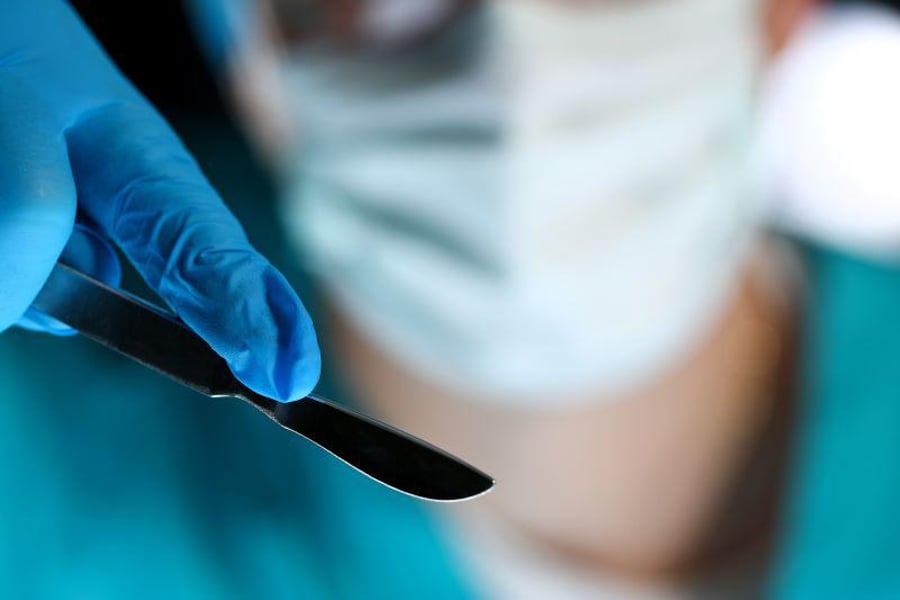Few Surgeon-Scientists Continue to Receive NIH Funding After Training

MONDAY, July 17, 2023 (HealthDay News) -- Surgery trainees who obtain National Institutes of Health (NIH) F32 grants during training are less likely to receive any form of NIH funding in the future compared with internal medicine colleagues receiving F32 grants, according to a study published online June 26 in the Annals of Surgery.
Adishesh K. Narahari, Ph.D., from the University of Virginia School of Medicine in Charlottesville, and colleagues examined trainees in surgery and internal medicine who received NIH F32 postdoctoral awards to determine their success rates in obtaining future NIH funding. The analysis included NIH F32 grants (1992 to 2021) identified from the NIH RePORTER database.
The researchers found that 269 surgeons and 735 internal medicine trainees received F32 grants, with 17.8 percent of the surgeons and 50.2 percent of the internal medicine trainees receiving future NIH funding. Future R01 grants were received by 8.9 percent of surgeons and 19.7 percent of internal medicine trainees. Additionally, surgeons who received F32 grants were more likely to be department chairs or division chiefs.
"We hope this paper sparks a movement to encourage the development of surgeon-scientists through curricular, programmatic, and supportive mechanisms that foster those highly interested in such career paths to be most productive and successful," a coauthor said in a statement. "We hope those who oversee surgical education and training will strongly consider these findings."
Abstract/Full Text (subscription or payment may be required)
Related Posts
Exhaustion-Related Burnout Higher in Underrepresented Medical Students
TUESDAY, March 8, 2022 (HealthDay News) -- Medical students who are...
AHA News: Heart Risk Factors, Not Heart Disease Itself, May Increase Odds of COVID-19 Death
TUESDAY, Oct. 4, 2022 (American Heart Association News) -- Seeking to clarify...
Race Plays Huge Role in Dementia Risk
TUESDAY, April 19, 2022 (HealthDay News) -- Black, Hispanic and Asian Americans...
New Law Expands Care for Rape Victims
WEDNESDAY, March 16, 2022 (HealthDay News) -- Expanded care for sexual assault...
